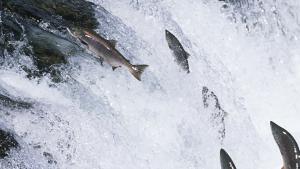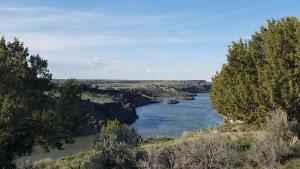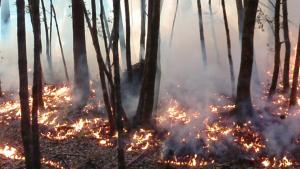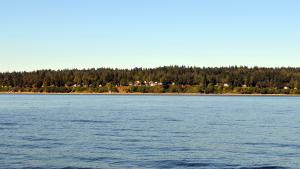Tool
Guidelines for Considering Traditional Knowledges in Climate Change Initiatives
Tribes, agencies, and organizations can use this guide as a framework to increase understanding of issues relating to access and protection of traditional knowledges in climate initiatives. The Guide is an informational resource for tribes, agencies, and organizations across the United States interested in understanding traditional knowledges—or TKs—in the context of climate change.
Image credit: Image represents the St. Croix Band of Lake Superior Chippewa. Source: Wesley Ballinger, Great Lakes Indian Fish and Wildlife Commission.
Details
Hazards
Assets




